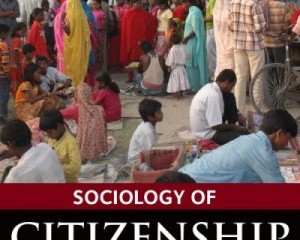
Book Review: ‘Patronage as Politics in South Asia’, edited by Anastasia Piliavsky
Patronage, which may be defined as a hierarchical relationship based on mutual obligations, is often regarded today as an unwelcome anachronism. Although this volume resists any single definition, the word ‘patronage’ reminds us of feudal and slave-owning societies of the past, where a few enjoyed the rights of citizenship at the expense of the many. Liberal democracies in our world have no place for patrons or clients, we believe, because universal adult franchise makes everyone legally equal and sovereignty rests with the demos.
Yet modern democratic societies face a peculiar paradox: they must elect representatives who enact laws and make policies even as they maintain the fiction that they are just like us. The paradox of modern democracy has little to do with the level of inequality in society. Neither is it specific to cultural contexts in which democracy appears to be compromised, even distorted, by patron-client relations. Patronage is everywhere, as this refreshing new volume argues, and its workings in India, the world’s most populous democracy, push us to think of citizenship as vertically differentiated or hierarchical.
There is a simple reason why the politics of patronage offends modern liberals. It strikes us as a perversion of a democratic ideal that treats all citizens, despite differences in income and wealth, as political equals. All are equally citizens in a democratic polity.










